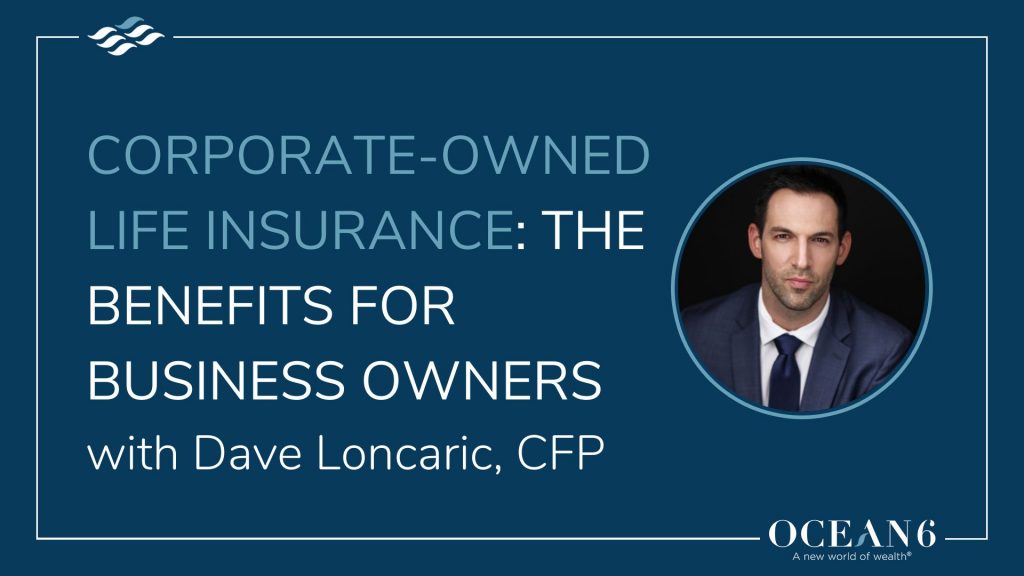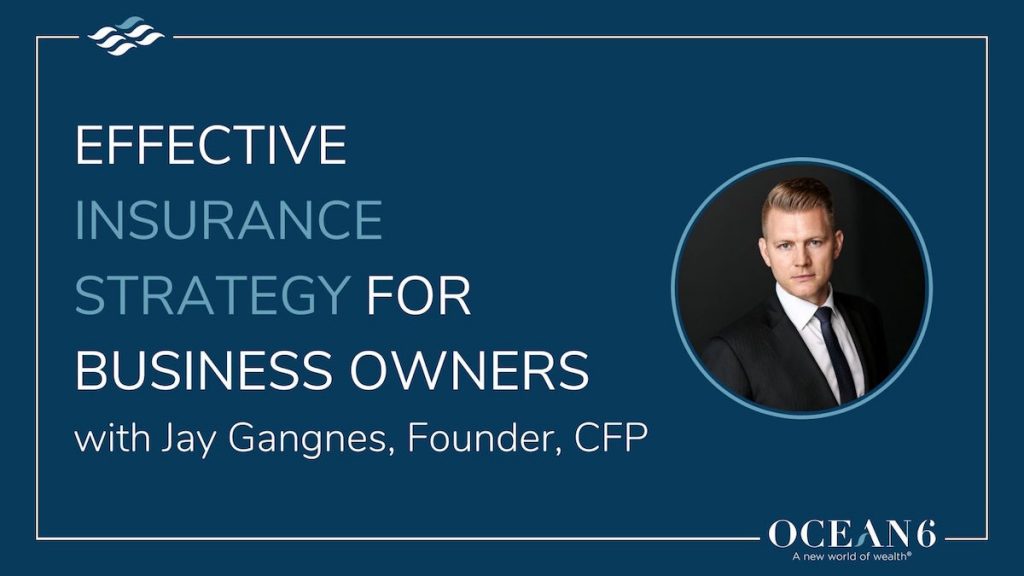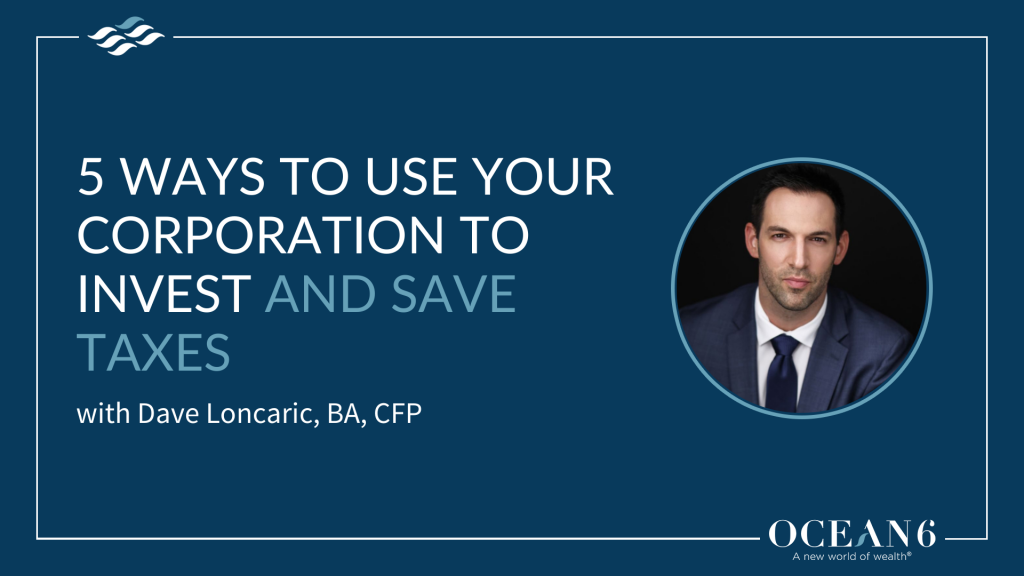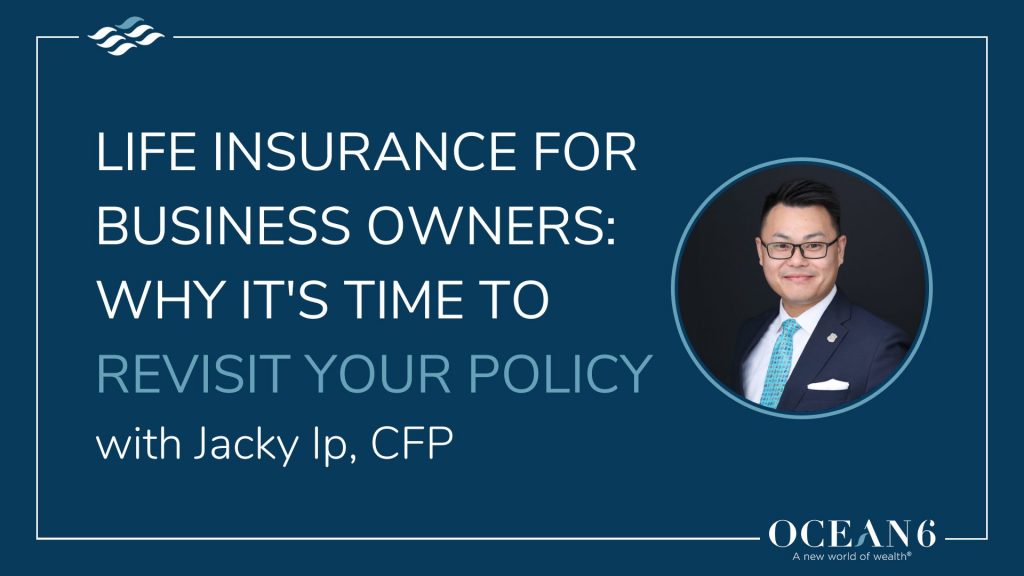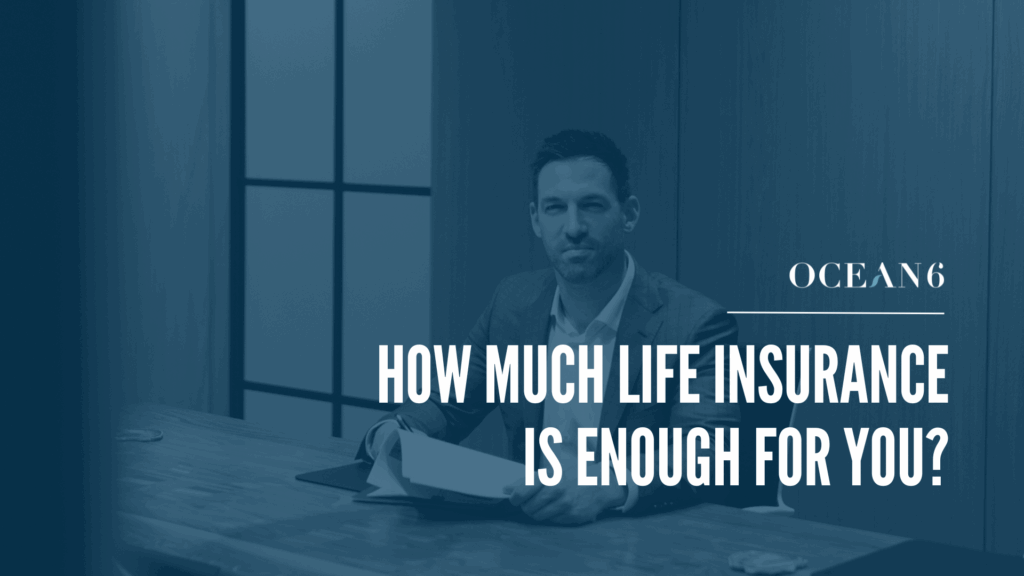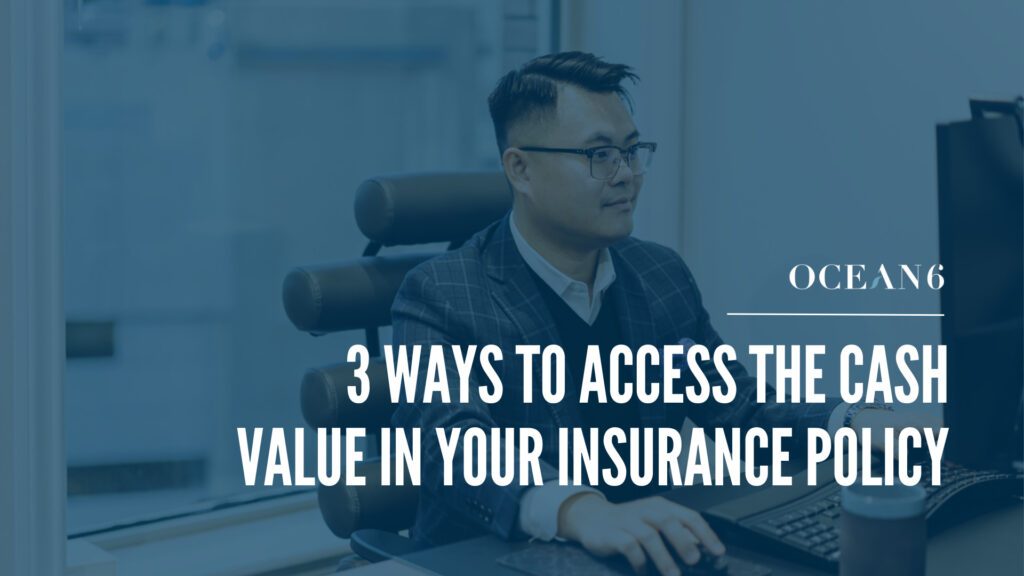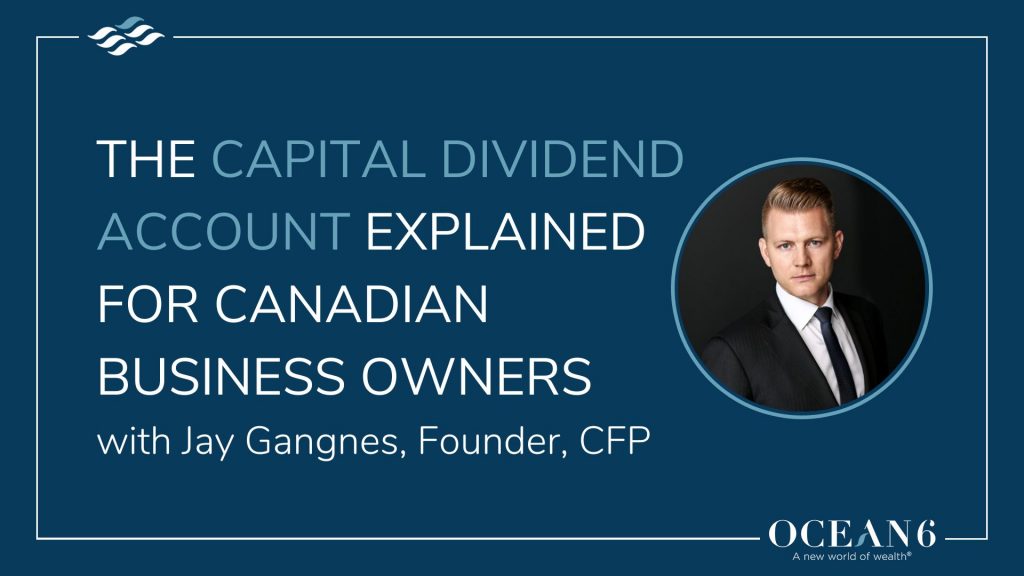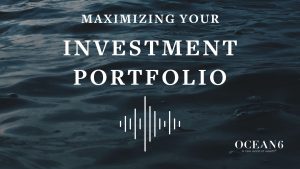Insurance gets a bad rap, but that is often due to misunderstanding its overall benefits and not because it isn’t valuable. After all, nobody truly wants insurance. What we want are the significant benefits it can provide.
Our newest episode explores the importance of having an effective insurance strategy as a valuable piece of your financial plan. We discuss the purpose of insurance and why you might need it, how to best structure your insurance using your corporation, and some creative strategies to reduce your tax bill.
How do I know if I have enough insurance to protect my family?
First, look at the reasons why you are buying insurance. Is it to protect your debt or provide ongoing income to your loved ones in the event of death? Once you’ve understood your goals, you should always do a needs analysis to make sure you are not underinsured or over-insured.
Insurance is very personal; two individuals could be in a similar financial situation but have very different insurance needs. It all comes down to what your goals are. Make sure you do your due diligence.
Can you have too much insurance?
Insurance isn’t something you want to collect. If you have enough insurance to cover your risk and align with your goals, you often have enough. But it is also important to consider other ways to use insurance, such as tax and estate planning. Many people use insurance as a valuable tax planning tool and not just to eliminate risk.
It is important to ensure that your strategy aligns with your goals. Included in this are the implication of future tax issues and your overall estate. We have come across several situations where clients have the coverage they do not need, or it’s not set up correctly to accomplish their goals. Get clear on your goals so you aren’t paying for something you do not need, as that money could be going to something more worthwhile in your life.
Should I choose term or permanent life insurance?
Term insurance covers you for a specific period, maybe ten or twenty years. You pay every year and once that term is complete, your insurance coverage will increase in price and eventually be terminated. It is less expensive upfront than permanent insurance but tends to be for a temporary need. For example, if you have young children and a large debt, you could take term insurance to protect your income and take care of them if anything were to happen.
With permanent life insurance, your coverage will last for your lifetime. It can also be an innovative strategy for asset growth and future tax planning.
In short, permanent insurance is an asset, term insurance is an expense, but there’s a time and place for both.
What is the difference between Critical Illness and Disability Insurance?
Critical Illness and Disability Insurance are described as living benefits and are available to protect you if you contract an illness or injury. The major difference between the two is the way the contract pays out.
Critical Illness Insurance would cover you if you were to get a major illness. The policy covers a range of illnesses. We recommend researching which are covered and their definitions as not all are the same. If you become diagnosed with an illness that is covered, you’ll be paid out a lump sum of tax-free money.
Disability Insurance is an income replacement tool that covers you for the length of your contract should you be unable to work. This can be anywhere from two years up until the age of 65. You’ll start to receive this monthly payout once you have satisfied the waiting period of not being able to work.
Remember, you are your biggest asset. Most people’s life goals are dependent on their ability to work, which is why living benefits are so important from a financial planning standpoint.
When it comes to making a claim, always go to your financial advisor for direction. Your doctor or family members are not the people whom you should be asking for advice from. We had one client who didn’t claim a critical illness for over three years when they should have because they were told it would impact their life insurance. They almost missed out on the payout. We’re always on your side and want to help you get the clarity you need.
Is insurance worth it or should I just self-insure?
If you think insurance is expensive now, wait until you get ill. There’s a misunderstanding that our public health system covers us for everything. This is not true. Often life-threatening diseases such as cancer have trial drugs that are not covered by public healthcare, so it could become an expensive situation if you’re sick.
It’s less about the cost of the policy and more about what you could lose if you don’t have it. The impact is often not just felt by you but also your whole family if they need to support you. It’s a difficult conversation to have, but the impact could spill over multiple generations if you don’t have it. Your ability to earn an income is a big part of your financial plan and a big piece of your future.
Why should I own insurance inside my corporation?
The cost of funding insurance is lower if paid by the corporation because of the lower tax bracket on the dollars you earn inside the corporation. The corporate tax bracket for the first $500,000 earned is only 11% in British Columbia.
Business owners can also benefit from tax-deferred growth on the value of the investments in a permanent life insurance policy that is held within the company. This benefit can be compared to tax-deferred growth such as RSPs.
Another reason permanent life insurance is attractive for a corporation is that when you pass, it allows for the benefit to be transferred to the estate tax-free through the capital dividend account.
Are there any benefits a life insurance policy can provide while I am alive?
Yes, Universal Life and Whole Life insurance offer a way to invest additional money inside the policy and receive tax-exempt growth.
If it’s Universal Life, you can choose your own investments. If it’s Whole Life, you are essentially investing in the insurance company and receiving a dividend. Either way, if it is well managed, you will see growth in the money you put in.
Why would I put money in life insurance when I can invest it elsewhere, such as the stock market, real estate, or my business?
Life insurance is probably not the best option if your goal is to get the highest return on investment short term. However, it’s challenging to compare these strategies side by side, your comparing apples to oranges.
Life insurance can be complicated, but it is a valuable tool because of the year-on-year tax benefits. In a corporation, those benefits are magnified because the dollars that have been allocated are taxed at a lower bracket.
When investing in life insurance, you must speak to a professional and clarify what they are there to do. Make sure that they are looking at your goals first and integrating insurance strategies based on the life you want to live.
This is the third episode of our new podcast, A New World of Wealth. We launched this podcast to share tips to set business owners in Canada up for success. You can subscribe to Spotify and Apple.
If you’d like to talk through any of these strategies further, book a call, we’d be happy to discuss it.
